Medical Research
-
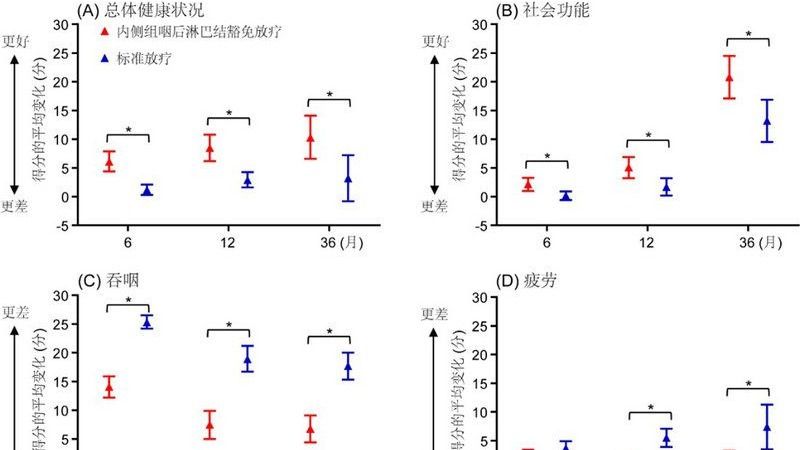
Chinese scientists develop new treatment strategy for nasopharyngeal carcinoma
A team of researchers from Sun Yat-sen University in south China's Guangdong Province has recently come up with an innovative treatment strategy for nasopharyngeal carcinoma that can help reduce the negative effects of radiotherapy.The scientists from the university's Cancer Center conducted a phase III clinical trial, the results of which show that the medial ret...
February 15, 2023
-
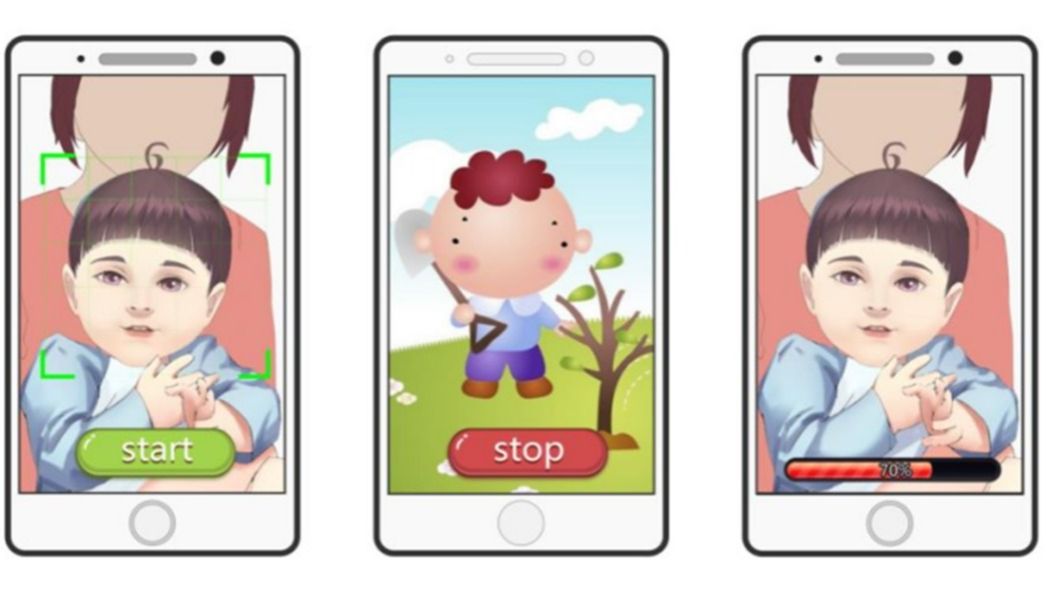
Zhongshan Ophthalmic Center led multicenter research to develop the first smartphone-based deep learning system for early detection of visual impairment in young children
Infancy and early childhood are critical periods for visual development, during which imprompt detection and treatment for ocular disorders can result in irreversible visual loss and bring a heavy burden to the family and society. The incidence of eye diseases is reported approximately 9.11% among the 50 million young children under 4 years old in China. Early detection and prompt treatment are...
February 1, 2023
-
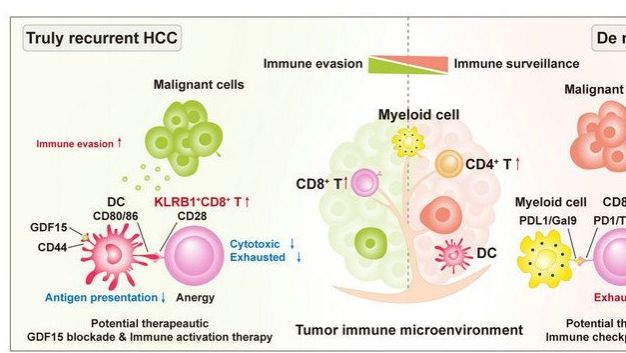
Ming Kuang's team first revealed the unique tumor immune microenvironments of two different types of recurrent hepatocellular carcinoma in the journal Gut
On January 3rd, 2023, the research finding “Distinct Single-cell Immune Ecosystems Distinguish True and De Novo HBV-related Hepatocellular Carcinoma Recurrences” was published online in Gut (IF=31.79), the Journal of the British Society of Gastroenterology and the top journal in the field of gastroenterology, by Professor Ming Kuang's team from the Center of Hepato-Pancreato-Biliary Surgery, ...
January 19, 2023
-
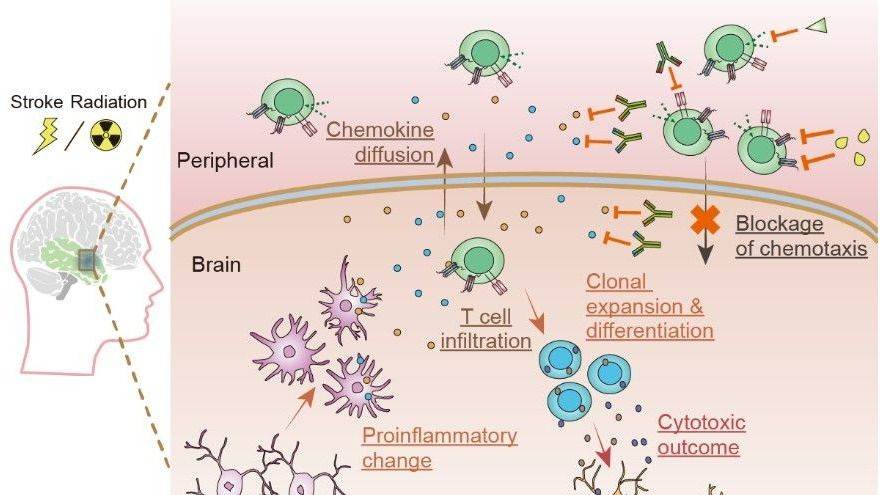
Neuron | Professor Yamei Tang's team uncovers a chemotactic action of brain resident microglia in recruiting peripheral CD8+ T lymphocytes and driving brain injury
Radiation-induced brain injury (RIBI) remains as the most serious medical complication in head and neck cancer patients who received cranial radiotherapy. The clinical manifestations of RIBI include cognitive impairment, epilepsy, and pathological changes such as brain edema and tissue necrosis, which can occur within 3-5 years after the radiotherapy. The progressive development of brain lesion...
January 15, 2023
-
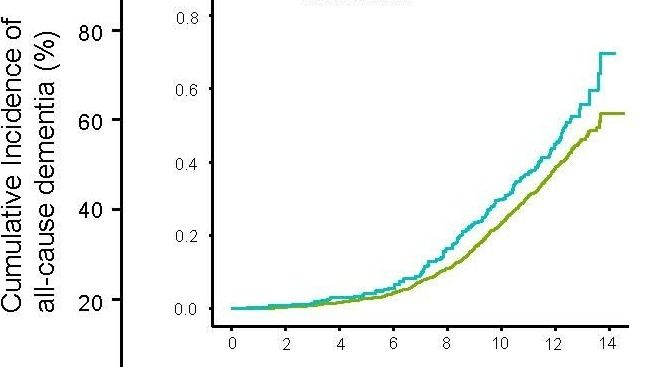
Did Shift work increase the risk of dementia? A new discovery made by Prof. Yamei Tang's team
Some observational studies had found that shift work would increase risks of metabolic disorders, cancers, and cardiovascular diseases by affecting sleep time, circadian rhythm, and other mechanisms, but there was no homogeneous evidence of such an association between shift work and incident dementia, which has important public health implications for the physical and mental health of shift wor...
January 5, 2023



